Indian Army: What It Means To Change Traditions And Customs
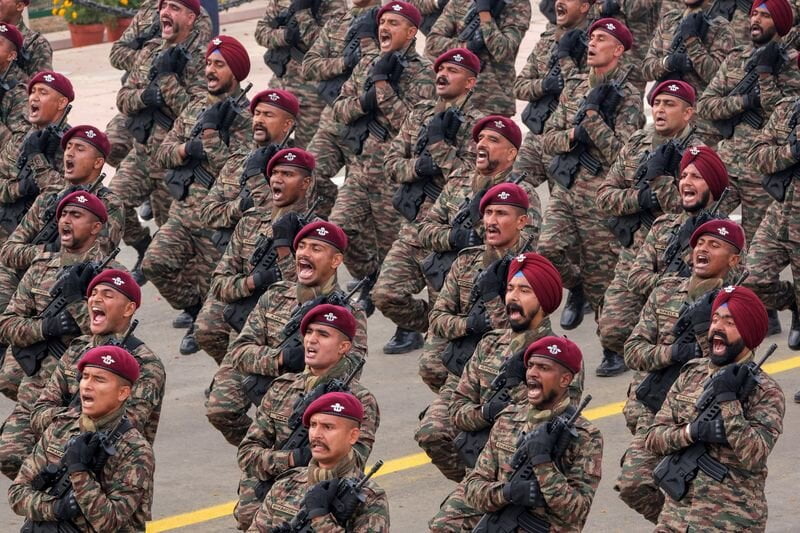
- The Election Commission has requested election reforms as of this writing, including limiting or capping voluntary contributions to political parties
- The concept of having a kosher candidate for elections with a clean slate is a far cry. The political leadership finds it comfortable to keep the reforms in the judiciary
By Lt Col Manoj K Channan
The Service HQs are pursuing an internal transformation by examining outdated conventions and traditions, including the following, on the recommendation of the Government of India. This is a distinct kind of revolution in military affairs (RMA).
Customs and Traditions – Colonial and Pre-colonial Era
Over the years, numerous Indian Army formations have changed and uniformly adapted to the rules and conventions of Independent India. To name a few, there are several units that date back more than 200 years and were built when the British Government was in power. A rich history cannot be wished away for the 16 Light Cavalry, 17 Poona Horse, 4 Horse (Hodson’s Horse), 9 Horse (Deccan Horse), 14 Horse (Scinde Horse), Central India Horse, 2 Lancers (Gardner’s Horse), 3 Cavalry, 7 Light Cavalry, and 8 Light Cavalry.
The same is true for units from the Infantry, Artillery, Sappers, and other branches that have a long history. The bravery of these units is indelibly etched in the military history of an independent India beginning with the operations of 1948, the unification of the princely states, and the operations of 1965 and 1971 (the last conventional wars fought), in which the combatants of these regiments won numerous gallantry awards.
Army Uniforms and Accoutrements
The Indian Army has changed over the years, and now every rank dons the same attire. The Armoured Regiments exclusively wear a ceremonial winter mess uniform that is distinguished by chain mail and a toshdan made of silver or Zari.
Regulations / Laws / Rules / Policies
The Army, Air Force, and Navy Acts set the rules for the Indian Defense forces. The Defence Services Regulations and the Manual of Indian Military Law, both of which have been updated to take into account recent changes to the law of the nation, are used by the Army.
Institutes of Colonial Past and their Re-naming
Changing names is merely a cosmetic exercise; it has no impact on the institutions’ history or spirit. Renaming an odd one that was left out has little effect because many have already been changed.
Renaming of Buildings, Parks, Roads
The majority of contemporary defence service housing and cantonments bear the names of brave individuals who have served our country and given their lives in the process. The majority of AWHO and AFNHB societies bear the names of Americans who have received gallantry awards.
Affiliation of Indian Army units with Foreign Armies
Although there is no official relationship, there are bonds between the units from the British era, the children do travel to India, and the Commanding Officer of the unit is also welcomed by British Veterans on a personal level. It’s unclear why this is creating a storm in a tea cup.
Pre-Independence Theatre/ Battle Honours
The majority of troops have these colours on display in the officers’ mess or quarter guard. On ceremonial occasions, the Guidon or Standard presented in Independent India is taken out on Parade.
Affiliation with Commonwealth Graves Commission
Many British Indian Army officers and soldiers who died while serving in India as well as during the great wars are interred in cantonments all around the country. A stipend from the aforementioned commission is used to maintain these graves as the deceased’s final resting place.
Officers’ Mess Procedures and Traditions
A toast is made to the President of India with a glass of water at the conclusion of dinner nights or guest nights in the officers’ mess.
Grant of Honorary Commissions
It has been customary to recognise the contributions of our Junior Commissioned Officers by granting them an honorary rank of Lieutenant or Captain while they are on active duty or after retirement through a selection process by the Records Office of each regiment. Personnel below the officer rank strive for it since it improves their income and pension.
System of Colonel of the Regiment
It is customary for the serving officers to choose an experienced commanding officer to represent the interests of the Regiment at Army Headquarters. This encompasses a wide range of activities, including seeking operational deployment, filling course openings, posting officers and men, releasing subpar equipment, and last but not least, acting as a patriarchal figure in the development of All Ranks.
Beating the Retreat and Military Funerals
Nowadays, beating the retreat is more of a show to conclude the republic day celebrations. By adding the Delhi Police, which had a completely military duty before, and the Central Armed Police Forces, this has been diminished. Some of the old ones, like Auld Lang Syne, continue to be favourites. The tunes played over the years have been replaced by Indian tunes written.
Service leaders who hold constitutional political appointments have always received formal burials and the carriage of their final remains in harness, according to their status. It is another step in the dilution of military traditions to reduce it to a hearse. Human remains are transported in hearses when needed; our late CDS is one example.
The Indian government’s desire for change may be spearheaded by the defence services, but they must also review the roles of the president, vice president, governors, and other constitutional offices. The quantity of advisors from the judiciary, government, and military is nothing more than a financial burden.
Under the current circumstances, the concept of having a kosher candidate for elections with a clean slate is a far cry. The political leadership finds it comfortable to keep the reforms in the judiciary, bureaucracy, and police at a distance. As a result, none of these reforms have been touched.
The Election Commission has requested election reforms as of this writing, including limiting or capping voluntary contributions to political parties, which is an alternate method of converting illicit funds.
Change is inevitable and continual, but forcing it through the Defense Services from its hiring practises to the aforementioned areas is asking for difficulties when there is a hostile adversary at the door.

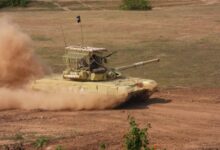
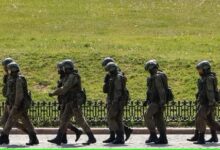
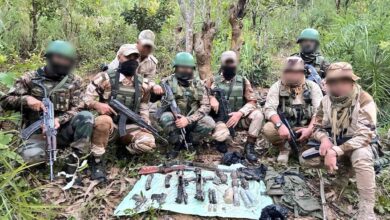
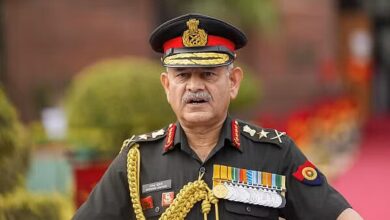
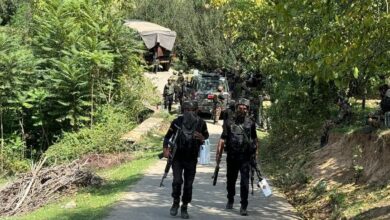
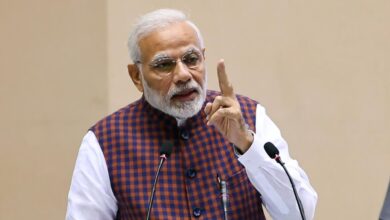
Facebook Comments